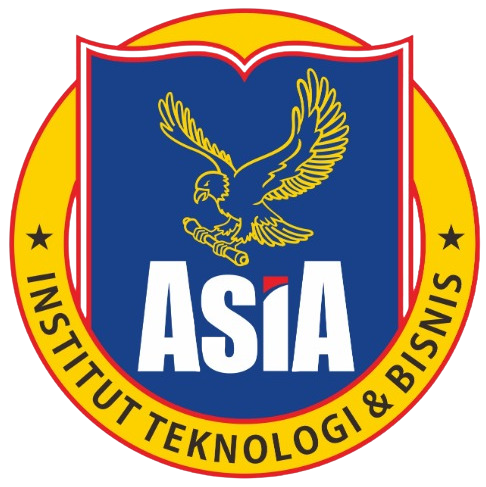ANALISIS EFEKTIVITAS EXPO DAN OPEN HOUSE SERTA MINAT CALON SISWA INDONESIA DAN ASING PADA ENGLISH FIRST (EF) MALANG
DOI:
https://doi.org/10.32812/jibeka.v11i2.41Keywords:
effectiveness, intention, expo, open house, prospective studentsArticle Metrics
Abstract
At this time, it is known that in the era of globalization people are required to have such a useful provision like the foreign language skills such as English. Many foreign language education institutions also have been established in Indonesia as well as in Malang for example English First (EF), The British Institute (TBI), Institute for Language and Education Professionals LIA (LBPP LIA). Therefore, many language institutions that hold promotions in attracting students and one of them is English First (EF). There are two research problem: First, how is the differences in the effectiveness of the expo and open house to increase the number of students at the EF. Second, how is the differences in the effectiveness of expo and open house on the interests of prospective Indonesian and foreign students at EF. As this study used quantitative methods.
In this research expo looks much more effective at getting students while held this event compared to the open house. In the expo can also be obtained advantages that could be closer to prospective customers and get a better response compared with the approach using the email or telephone. Effectiveness of the expo and open house at the interests of prospective Indonesian students and foreign students at the EF did not have a significant difference. In this case means that the two candidates both Indonesian and foreign students also have a passion for learning in EF.
Downloads
References
2.Arista, E. 2011. Analisis Pengaruh Iklan, Brand Trust, dan Brand Image Terhadap Minat Beli Konsumen Telkom Speedy di Kota Semarang. Skripsi pada Jurusan Manajemen, Fakultas Ekonomi, Universitas Diponegoro, Semarang.
3.Eun Cho, B. 2004. Issues Concerning Korean Learners of English: English Education in Korea and Some Common Difficulties of Korean Students. The East Asian Learner Vol. 1(2).
4.Expo Surprise For Credit Management Company. 2009. NZ Business Vol. 23 Issue 1, p9-9, 1/2p.
5.Fitri, N. 2010. Pengaruh Minat Belajar dan Pemanfaatan Sumber Belajar Terhadap Prestasi Belajar Siswa dalam Kompetensi Menyelesaikan Siklus Akuntansi Perusahaan Jasa di SMK Negeri 3 Bandung. Skripsi pada Jurusan Akuntansi, Fakultas Ekonomi dan Bisnis, Universitas Pendidikan Indonesia, Bandung.
6.Grosse, C. 2004. The Competitive Advantage of Foreign Language and Cultural Knowledge. The Modern Language Journal 88, no.3:351-373.
7.Keating, D. 2012. Common English Language Problems of Indonesia Student. http://www.streetdirectory.com/travel_guide/106517/languages/common_english_language_problems_of_indonesian_students.html (diakses 31 Januari 2013)
8.Little, J., dan K. Foss. 2009. Teori Komunikasi, Edisi 9. Jakarta: Salemba Humanika.
9.Noor, A. 2009. Manajemen Event. Jakarta: CV. Alfa Beta.
10.Pudjiastuti, W. 2010. Special Event. Jakarta: PT. Elex Media Komputindo.
11.Steele, T., L. Oishi, K. O’Connor, dan D.M. Silva. 2009. Learning World Language and Cultures in California. http://www.stanford.edu (diakses 23 Januari 2013)
Downloads
Published
How to Cite
Issue
Section
License
Happy reading. Do not forget to cite. Thank you.








